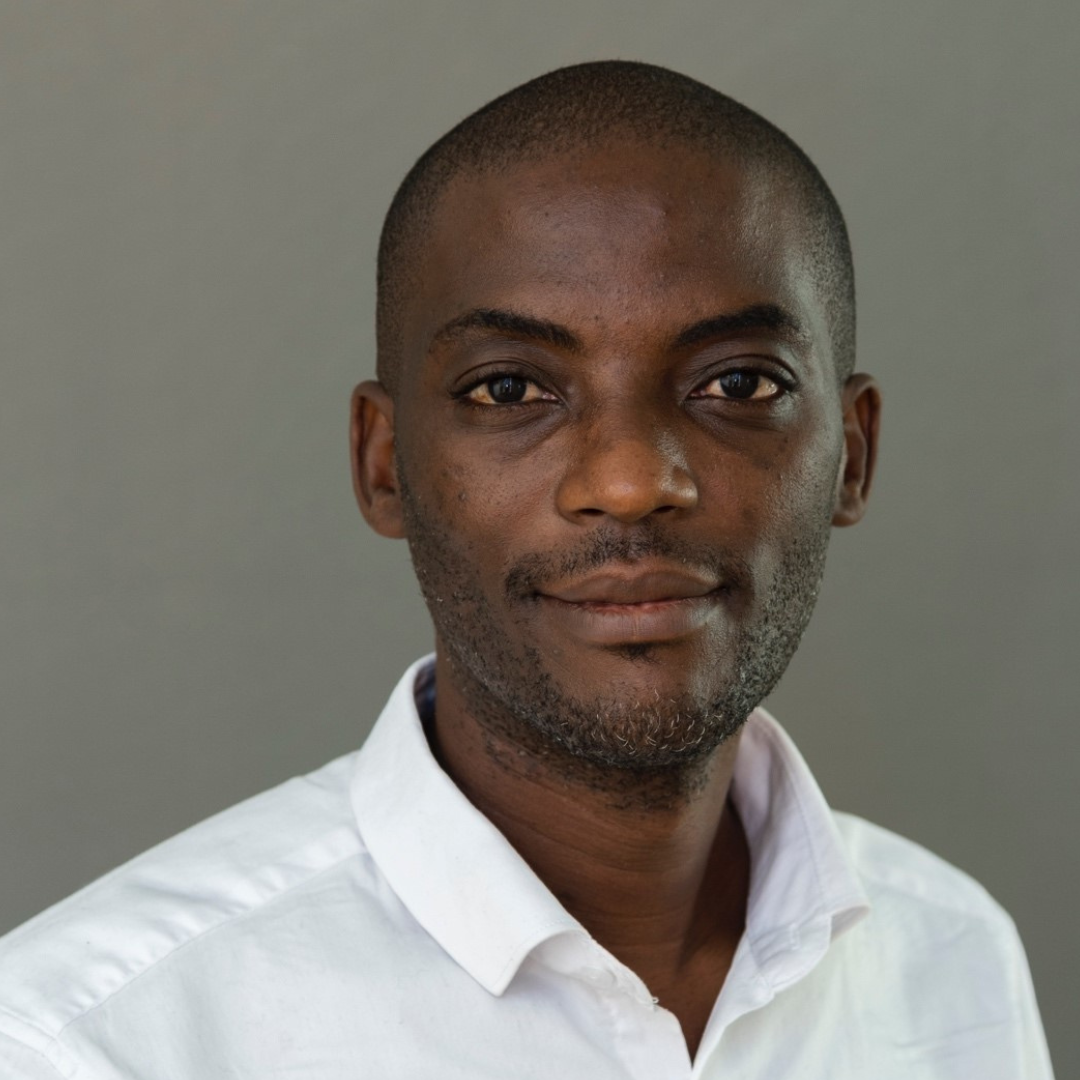Meet Allan Kalungi! The Ugandan national is affiliated with the Department of Psychiatry at Makerere University (Uganda) and the African Computational Genomics Group at MRC/UVRI and LSHTM Uganda Research Unit. The postdoctoral researcher joined at us last month’s workshop on Schizophrenia & Related Disorders—his first course at CSHL.
Tell us about your research.
My research is focused on understanding the genetic, biological and environmental factors that underly major and complex psychiatric disorders like depression among African populations from Africa.
How did you decide to focus on this area/project?
The underrepresentation of Africans in global psychiatric genetics research compelled me to focus on this area. Psychiatric disorders are a growing problem in Africa yet we do not know any of the genes or biological pathways for any of these disorders among populations from Africa, despite recent advances in psychiatric genetics research where the genetic nature of several psychiatric disorder has been illuminated. There is an urgent need to include Africans in global psychiatric genetics research if they are to benefit from recent psychiatric genetics discoveries.
What and/or who is the inspiration behind your scientific journey?
Africa had generally been left out in psychiatric genetics research. The current global attention to increase the visibility of Africans in global psychiatric research is a big inspiration in my scientific journey. In 2017, I pioneered psychiatric genetics research in East Africa when I produced the first article in the field that reported the association of selected serotonin transporter gene polymorphisms with increased suicidal risk among Uganda adults living with HIV.
Allan hiding in a cactus “forest” somewhere in Cape Town.
What impact do you hope to make through your work?
I hope my work will contribute to the understanding of the biology that underlies various psychiatric disorders among populations from Africa. I also hope that my work will refine the global understanding of the biology behind these disorders with the inclusion of the highly diverse genetics data from Africa.
Where do you see yourself in five years?
I see myself as an independent researcher on the forefront of psychiatric genetics research in Africa.
What do you love most about being a researcher?
I love being in an environment where things are not static and your thinking is under stimulation.
What drew you to apply to this course?
I am interested in understanding the nature of the comorbidity between depression and schizophrenia. My desire to understand the phenotypic and genetic nature of schizophrenia and its related disorders compelled me to apply to the course.
What is your key takeaway from the Course; and how do you plan to apply it to your work?
It is crucial to understand mechanisms that link genetic variations to disease. I plan to investigate these as well in my genetics studies.
What feedback or advice would you share with someone considering to participate in this course?
This is a great course where you will most likely catch up on recent, worldwide breakthroughs in all aspects of schizophrenia research; from Neuroscience approaches to Genetics/Epigenetics and Neuroimmunology.
Enjoying his last dinner of the course, and his first lobster!
What’s the most memorable thing that happened during the Course?
Meeting with top investigators in schizophrenia research like Robin Murray, Jeremy Hall, Anissa Abi-Dargham and James Walters among others. The most memorable moment was however the schizophrenia case presentation.
What do you like most about your time at CSHL?
I like the serenity around CSHL. It is isolated with no neighborhoods and is surrounded by trees. I enjoyed the breeze from the ocean. The food was nice and I enjoyed the lobster for the first time in my life!
Allan received a scholarship from the Howard Hughes Medical Institute (HHMI) to cover his course tuition. On behalf of Allan, thank you to HHMI for supporting and enabling our young scientists to attend a CSHL course where they expand their skills, knowledge, and network.
Thank you to Allan for being this week's featured visitor. To meet other featured scientists - and discover the wide range of science that takes part in a CSHL meeting or course - go here.
Images provided by Allan Kalungi





